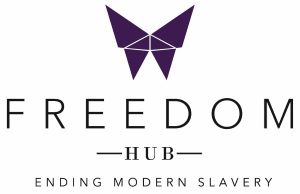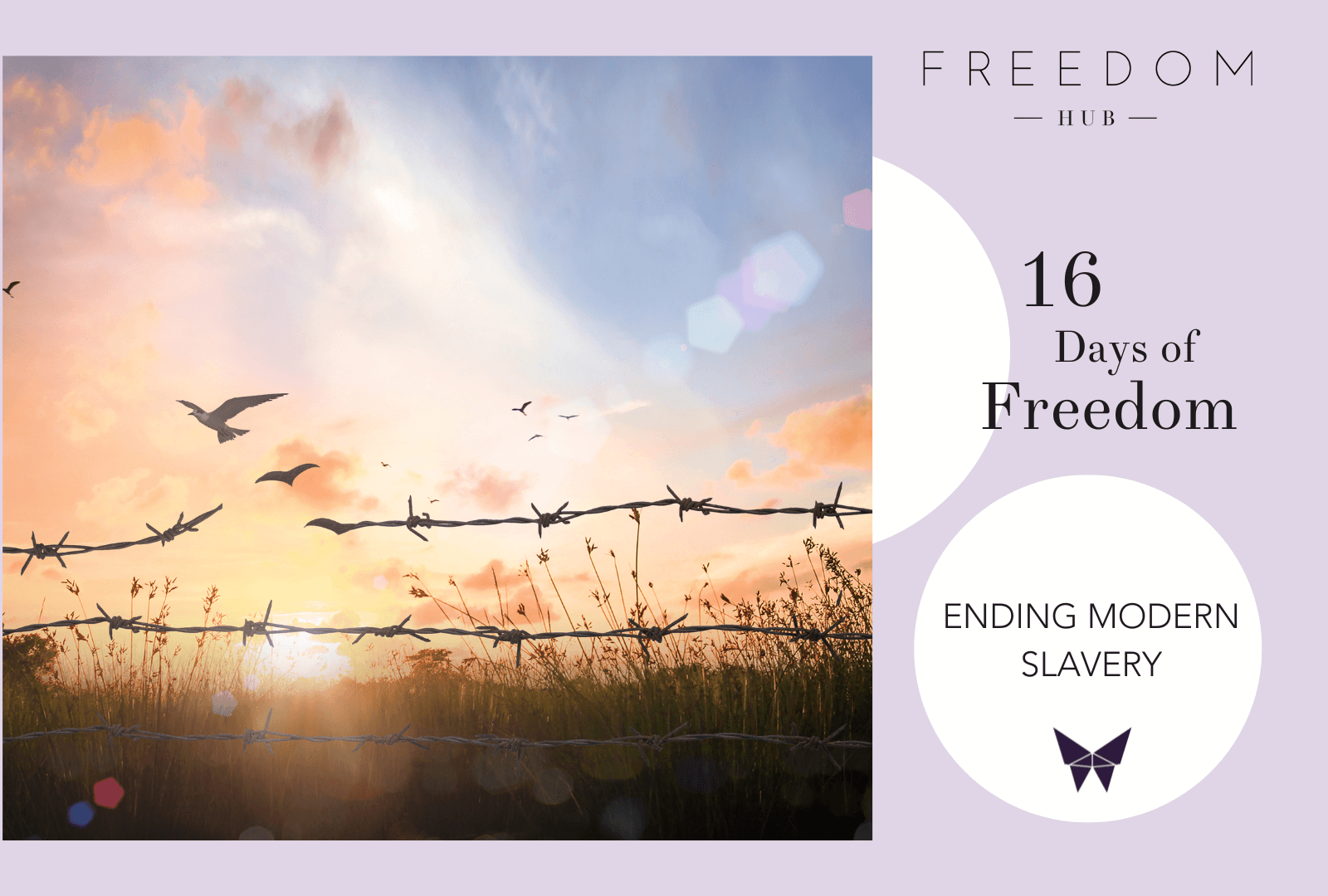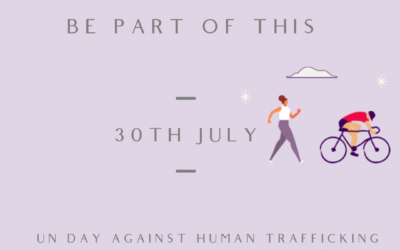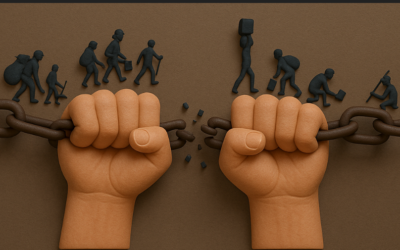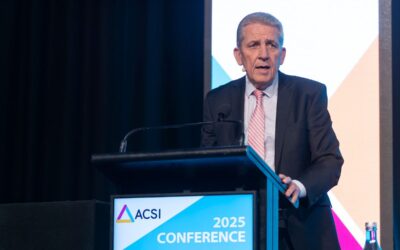International Day for the Abolition of Slavery, December 2, reminds us that people should never be considered ‘property’ again.
Owning a property is a significant milestone for many Australians. With over 23 million private dwellings in Australia (Housing Data Summary, Australian Census 2021), home ownership remains a crucial part of the Australian mindset. It might be confronting to think that in our shared history, we applied the same mindset to owning “human property” – slaves.
The International Day for the Abolition of Slavery reminds us of the delegitimisation of slavery routes, viewed to start with the dismantling of the transatlantic slave trade from 1833 and continue today.
However, abolition has pushed slavery into the criminal world, where abusers control their victims through lies, manipulation, and violence. All this deprives their victim of agency, identity, and the most basic rights.
The 2022 theme for the 16 Days of Activism is:
“UNITE! Activism to end violence against women and girls”.
In the 2021 Forced Labour and Marriage Estimates, women and girls make up more than half of the estimated number of modern-day slaves. The experience of slavery is profoundly gendered; historically, men have been targeted for forced labour, and women are still targeted for sex slavery, forced procreation, and forced marriage.
Reflecting on the year that was, gender equity is still a significant challenge for Australia and how we address economic opportunity and male violence against women. Yet still, one-fifth of Australians agree that gender inequality doesn’t really exist. Men are more than twice as likely to agree than women (Ipsos and Global Institute for Women’s Leadership survey, 2022).
“Now comes this research with its shocking findings about underlying male attitudes and how much worse they are in Australia compared with other countries. Enough is enough. Our nation should be a leader in gender equality, not lagging so far behind. We need profound change.” – Julia Gillard.
ILO 2021 Forced Labour and Marriage Estimates:
- An estimated 49.6 million people are in modern slavery, including 22.8 million in forced labour and 26.7 million in forced marriage.
- There are 6.4% victims of modern slavery for every 1,000 people worldwide.
- 1 in 4 victims of modern slavery is a child.
- Out of the 27.5 million people trapped in forced labour, 17.3 million people are exploited in the private sector, such as domestic work, construction or agriculture; 6.3 million people are in forced sexual exploitation, and 3.9 million people are in forced labour imposed by the state authorities.
- Women and girls are disproportionately affected by modern slavery and account for 99% of victims in the commercial sex industry. And more than two-thirds of those forced to marry are female. This equates to an estimated 14.9 million women and girls.
Why does slavery still exist?
Modern slavery is not a historical anachronism but a present and escalating crisis. As the world has been disrupted by pandemics, conflict, and climate change, people are less secure than ever and fleeing disasters.
It is hard to consider what drives someone to enslave others, but prejudice actively devalues the agency of women and other minority groups. Many women of colour, women with disabilities, and LGBTQ+ women have experienced this intersection of bigotry.
It is not enough for Australia to not be associated with slavery; rather, we must build a proactive anti-slavery and pro-equity approach into our institutions, businesses, and culture.
Here is how we can help abolish modern slavery:
- Making small changes in how we shop, such as supporting businesses with Fair Trade certification or social enterprises that work closely with suppliers to prevent exploitation.
- Think about your bank or superannuation; your money could be invested in dirty industries that cause environmental harm and rely on exploiting workers. Instead, consider moving your assets into your provider’s ESG account or a different impact-focused fund.
- Read up online or listen to podcasts about modern slavery; share with friends or at a book club.
- Look at some of the free e-learning courses, such as the modules designed by Anti-Slavery Australia or calculating your Slavery Footprint.
- Get your workplace thinking about the risk of slavery in their supply chains. Read more here.
- Simply sharing these articles during 16 Days of Freedom will raise awareness, and awareness helps create change.
What can you do to help today?
Here are just a few ways you can get involved and support victims/survivors of modern slavery:
Follow Our Cause: https://facebook.com/freedomhuborg
Read our News: https://linkedin.com/company/the-freedom-hub
Gift a Survivor for Christmas: https://bit.ly/survivor-gift
Host a High Tea for Humanity in the first week of December: [email protected]
Join a volunteer Team in your Local area: https://bit.ly/TFHvolunteer
Come to our High Tea for Humanity in Sydney Waterloo: https://bit.ly/TFHhigh-tea
Come to our Freedom Fair Ethical Christmas Market: thefreedomhub.org/freedom-fair
